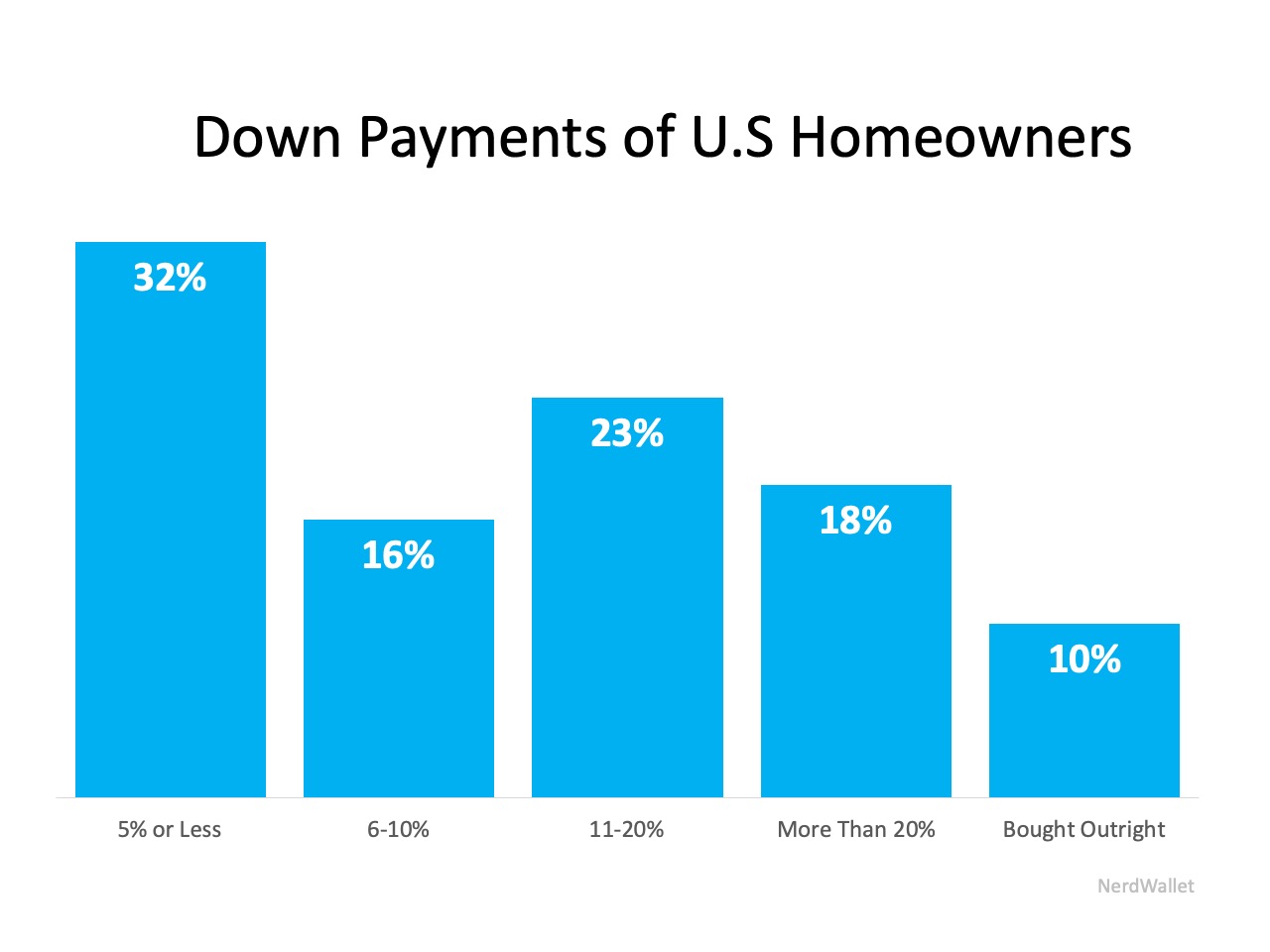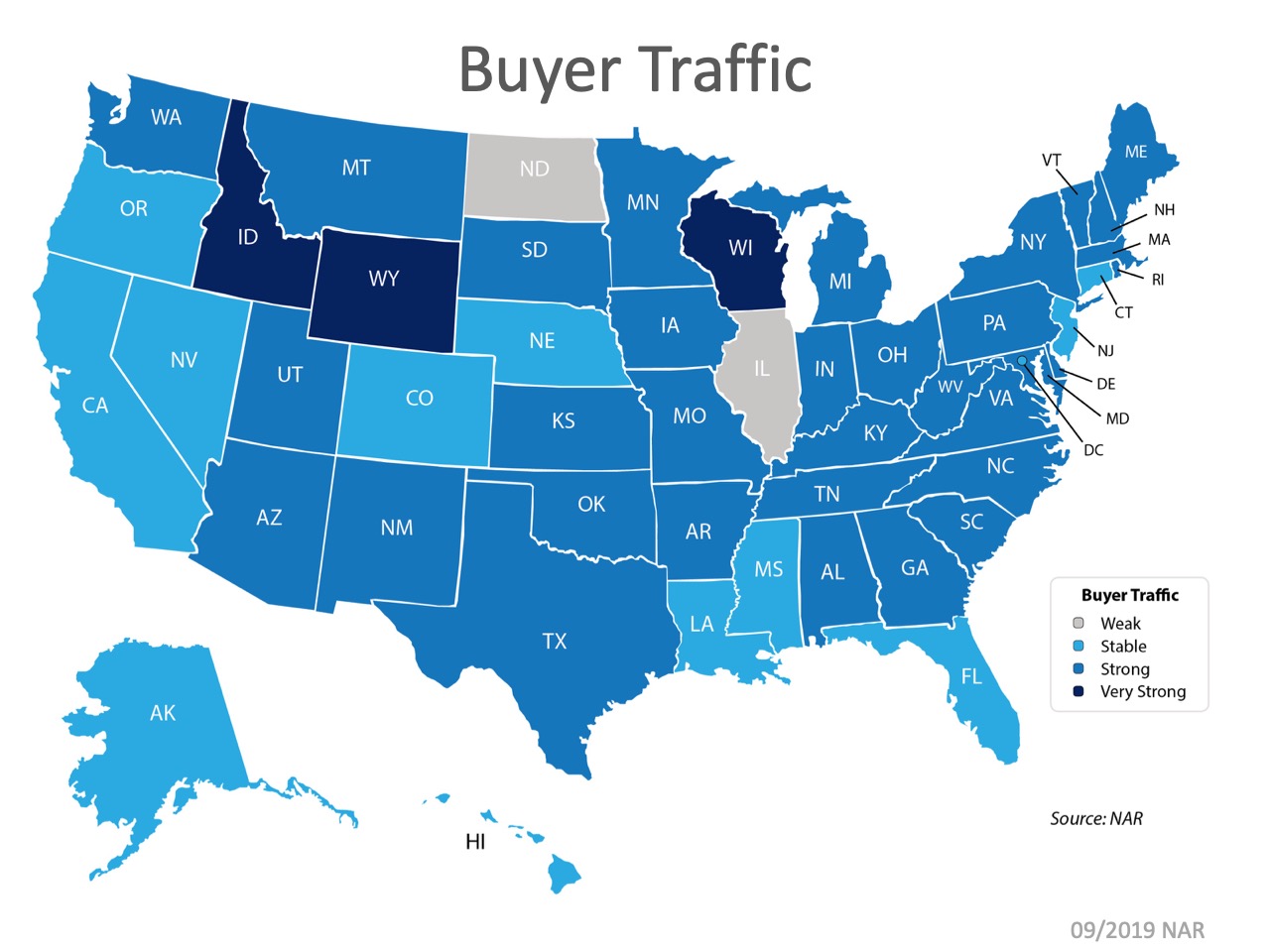
Recently two U.S. Census Bureau researchers released their findings on the biggest determinants of household wealth. What they found may help shape your view on building your family’s net worth.
Many people plan to build their net worth by buying CDs or stocks, or just having a savings account. Recently, however, Economist Jonathan Eggleston and Survey Statistician Donald Hays, both of the U.S. Census Bureau, shared the biggest determinants of wealth,
“The biggest determinants of household wealth [are] owning a home and having a retirement account.” (Shown in the graph below):
 This does not come as a surprise, as we often mention that homeownership can help you to increase your family’s wealth. This study reinforces that idea,
This does not come as a surprise, as we often mention that homeownership can help you to increase your family’s wealth. This study reinforces that idea,
“Net worth is an important indicator of economic well-being and provides insights into a household’s economic health.”
Having equity in your home can help your family move in that direction, building toward substantial financial growth. According to the report noted above, people are not only creating net worth in the homes they live in, but many are also earning equity in rental property investments too. (See below): John Paulson said it well,
John Paulson said it well,
“If you don’t own a home, buy one. If you own one home, buy another one, and if you own two homes buy a third and lend your relatives the money to buy a home.”
Bottom Line
There are financial and non-financial benefits to owning a home. If you would like to increase your net worth, let’s get together so you can learn all the benefits of becoming a homeowner.





![5 Homebuying Acronyms You Need to Know [INFOGRAPHIC] | Simplifying The Market](https://files.simplifyingthemarket.com/wp-content/uploads/2019/10/02130818/20191004-Share-KCM-549x300.jpg)
![5 Homebuying Acronyms You Need to Know [INFOGRAPHIC] | Simplifying The Market](https://files.simplifyingthemarket.com/wp-content/uploads/2019/10/02130624/20191004-MEM.jpg)



